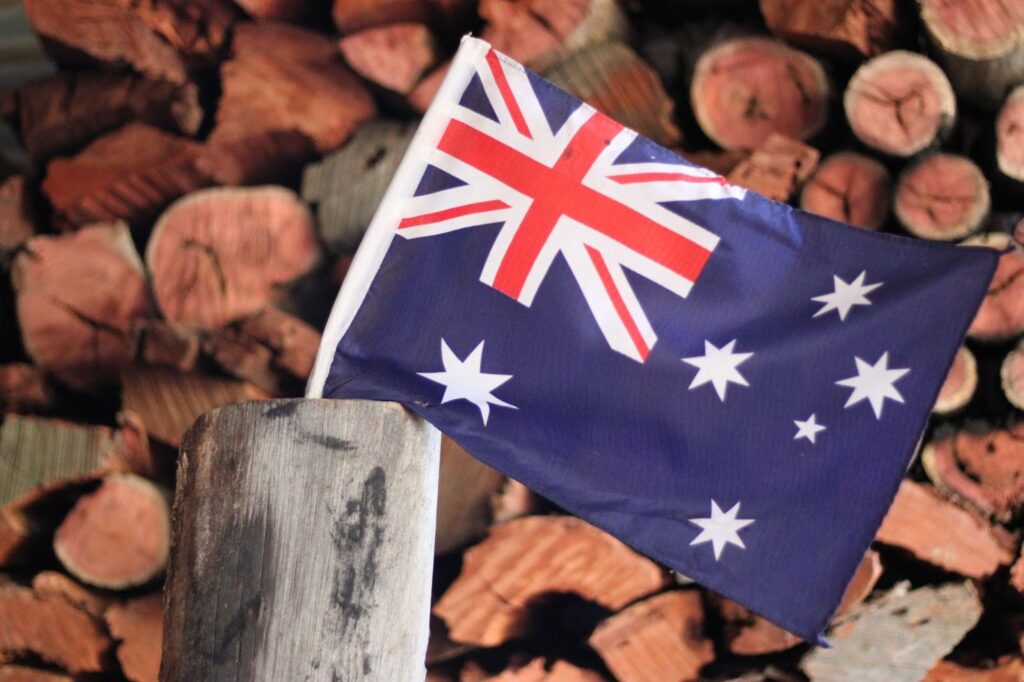Why Should Australia Change the Name and Date?
Australia Day is a day that celebrates the arrival of the first British settlers in Australia on January 26, 1788. It is also known as Foundation Day and Anniversary of the Arrival of First Fleet. Generally, it’s a day to celebrate Australia’s national identity, history, and culture. Every year, families and communities come together to enjoy activities and events.
However, this date also marks a day of pain and suffering for our Indigenous peoples. With this in mind, some people believe that Australia Day should be called something else and that the date should be changed. With this in mind, we want to explore both sides of the argument and let you decide for yourself.
Why is the day so painful for some? For Aboriginal Australians, Australia Day marks the beginning of colonisation and the dispossession of their land. It is a reminder of centuries of oppression, discrimination, and injustice. In many countries, a national day is held to celebrate independence from colonialism – but Australia Day marks the exact opposite.
This pain and suffering need to be acknowledged, respected, and understood. Beyond the emotional aspects of Australia Day, there are practical reasons as to why it should be renamed and the date changed. Many argue that Australia Day, as it is known today, does not reflect the values that the event tries to portray. After all, how can you have a ‘national’ celebration when a percentage of the population feels excluded and ignored?
Every year, as the 26th of January approaches, there is an opportunity to promote cultural awareness and respect for Indigenous Australians. By changing the name and date of Australia Day, it could become a day that truly celebrates Australia’s unique history and culture. At the moment, many people feel that the day remains a reminder of the physical, social, political, and economic struggles Indigenous Australians have faced since colonisation.
What do the people who defend Australia Day say? They argue it is a day to celebrate unity, honour Australia’s past and recognise its achievements as a nation. But how can you have a ‘national day of unity’ when many Australians feel excluded and forgotten? The majority of Indigenous Australians do not celebrate Australia Day, and for some, the day acts as a reminder of the horrific events and legacy of colonization.
People and Culture
Australia is a beautiful country, made up of a diverse range of cultures and people. Any potential ‘Australia Day’ should celebrate this diversity, not just the dominant culture. Moving to change the date of Australia Day to one that is not so significant in the minds of Indigenous Australians would be a step in the right direction. It could also provide an opportunity to create a new holiday that celebrates the cultural contributions of all Australians.
As time goes on, it’s important to teach young Australians about the history of Australia, both good and bad. Acknowledging the wrongs of the past is a part of healing and moving forward. Changing the name and date of Australia Day could be one way to start this dialogue and promote reconciliation between Indigenous peoples and non-Indigenous Australians.
With Student Resources, we can teach the next generation and encourage change in the long term. This can start with teaching children the truth about Australia’s past, which includes both positive and negative aspects of our history. Do you believe that we should change the date of Australia Day to a more inclusive date?

